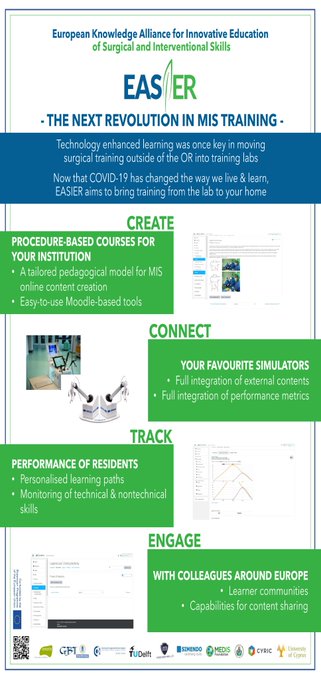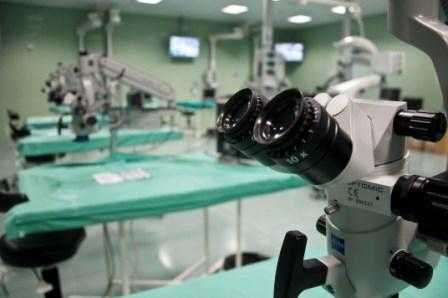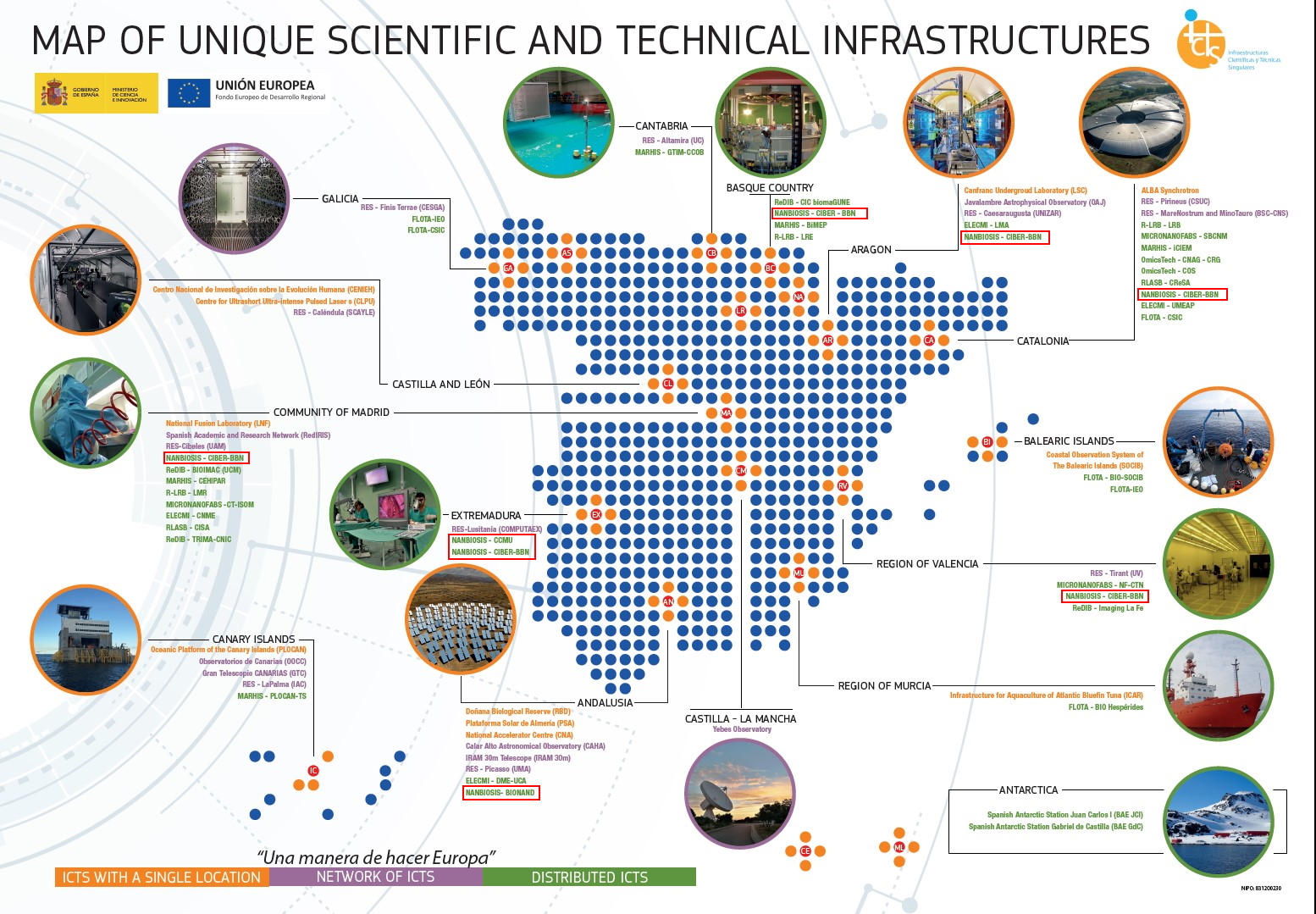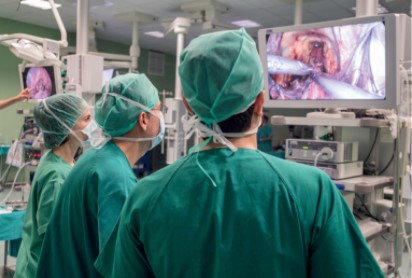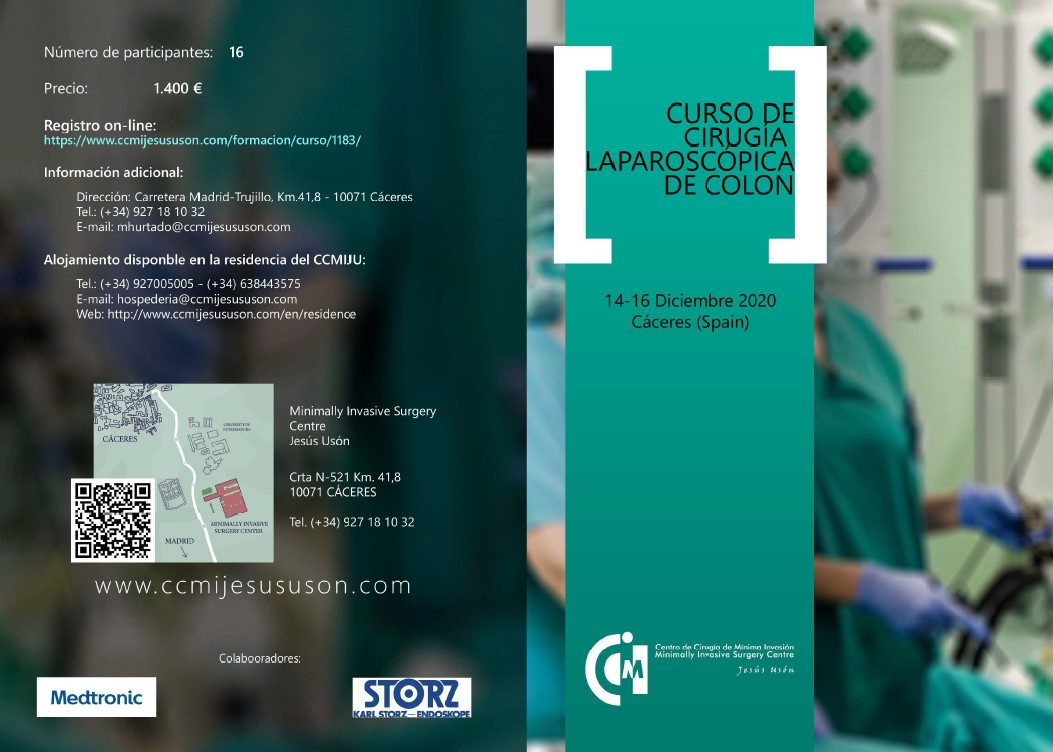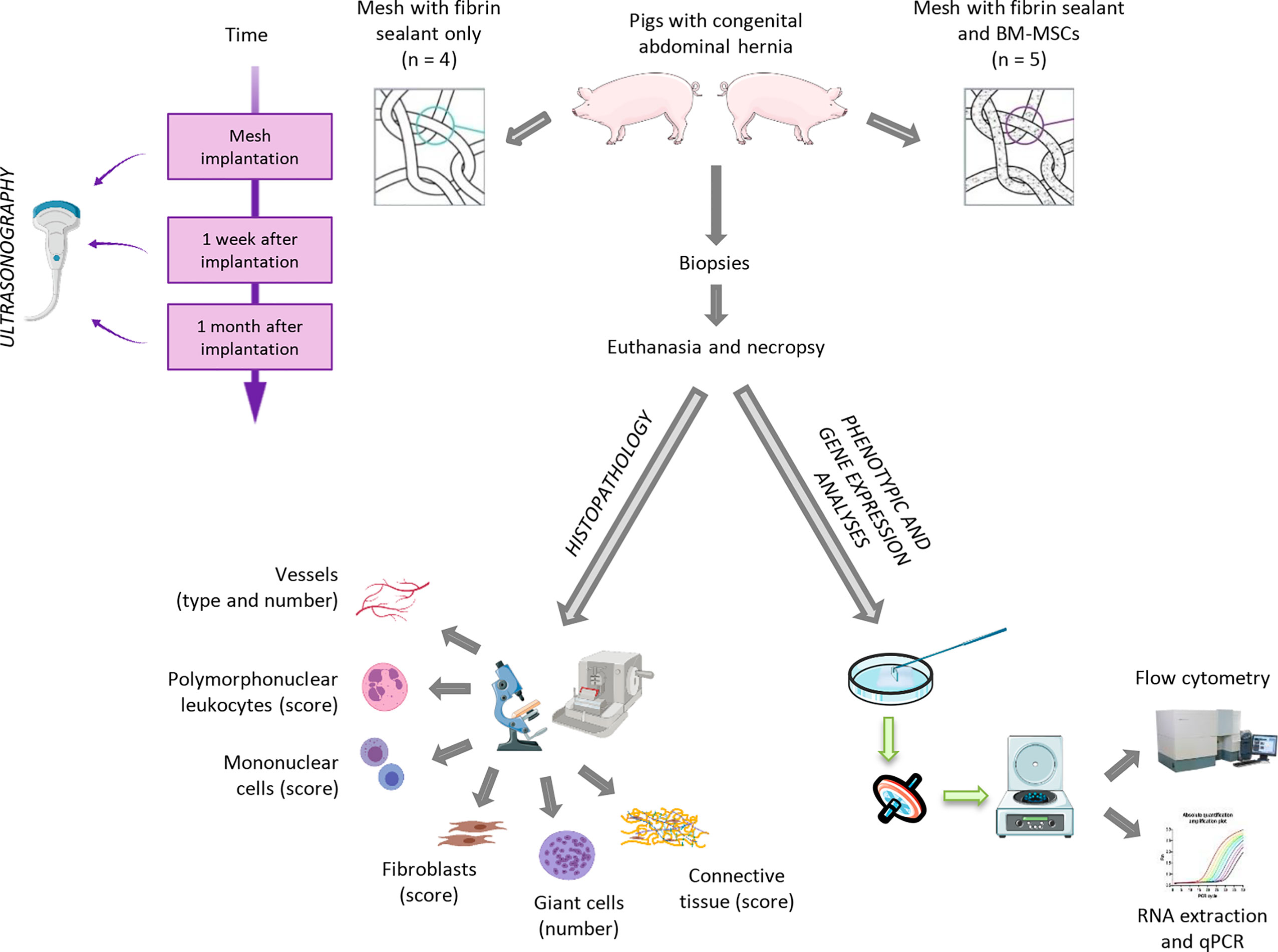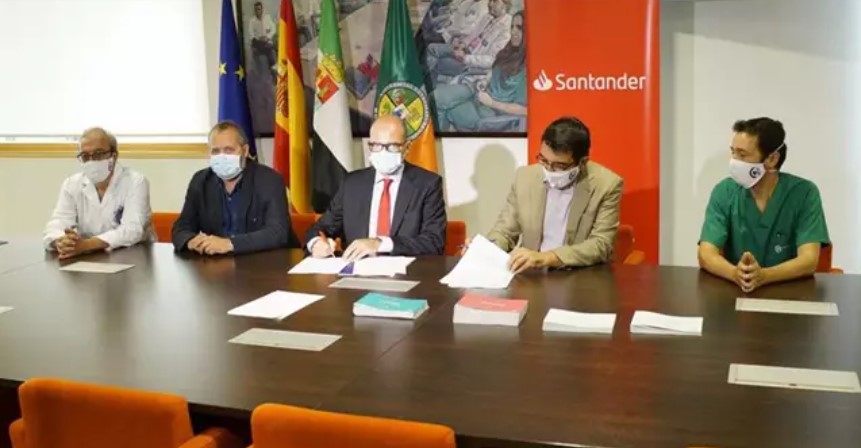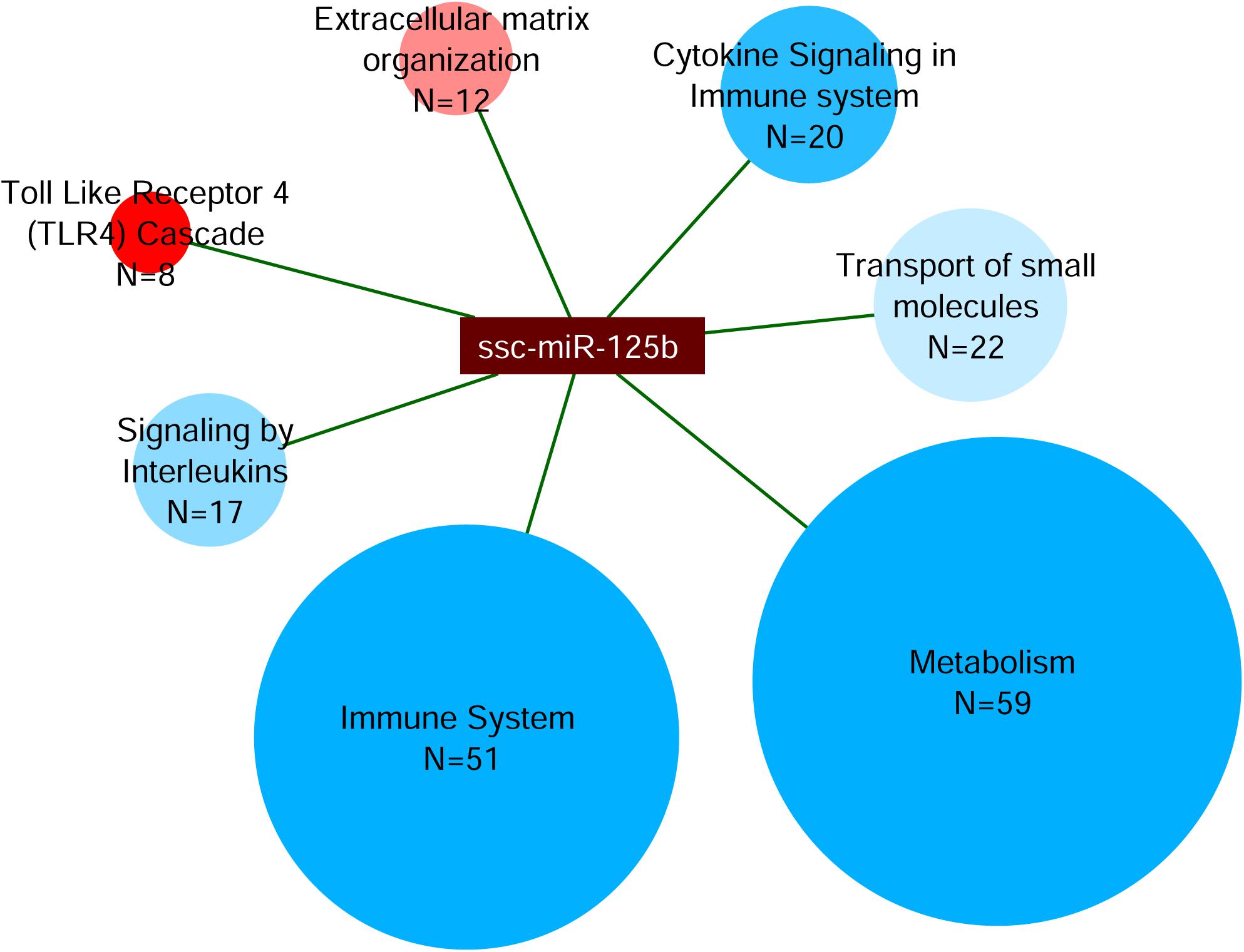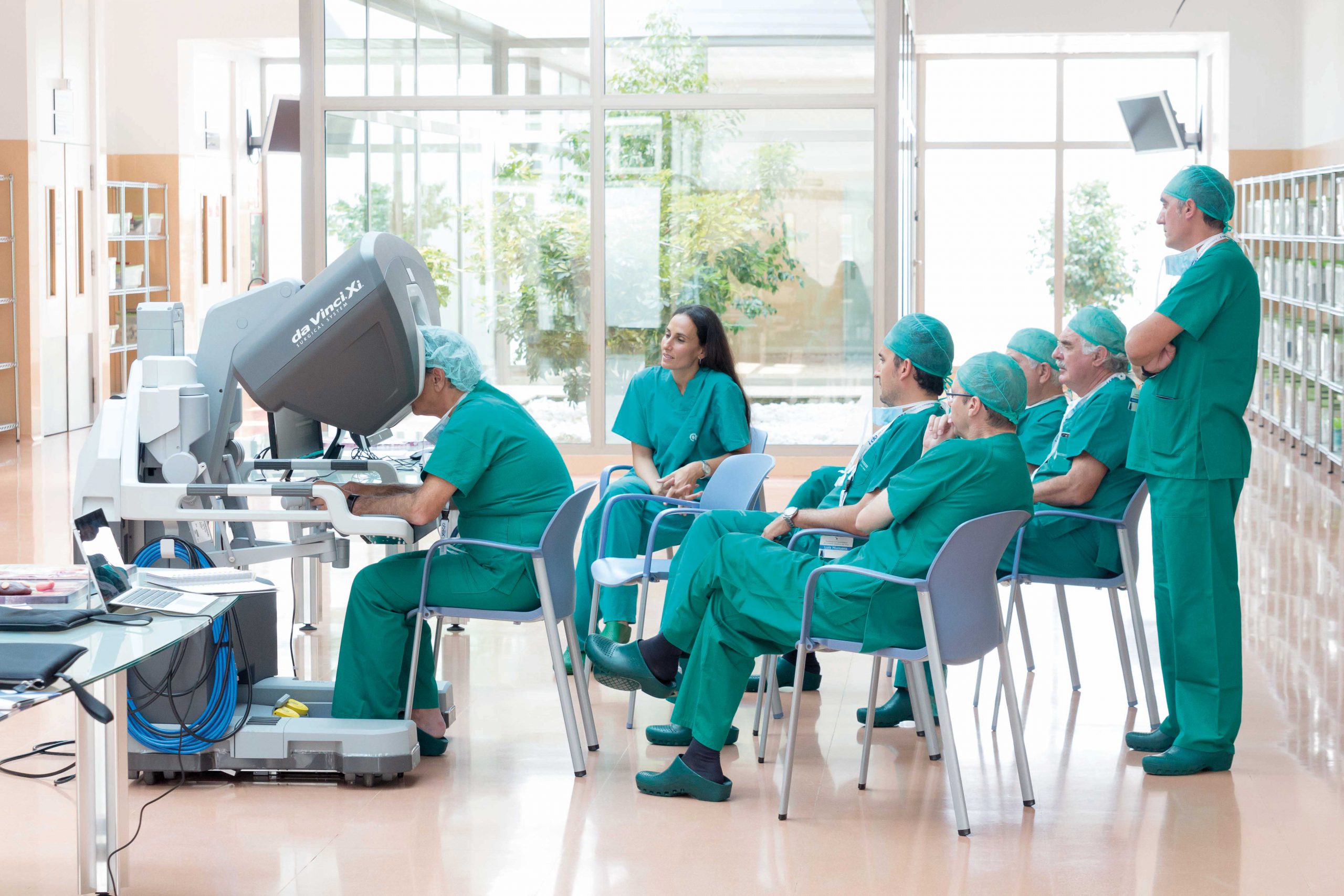Agreement signed with Spanish Government for the allocation of FEDER funds for Nanbiosis ICTS
In the framework of the FEDER Program in ICTS 2014-2020, a projects related to the ICTS NANBIOSIS has been selected by the Ministry of Science, Innovation and Universities for co-financing with FEDER funds of the European Regional Development Funds program.
An agreement has been signed between Ministry of Science, Innovation and CCMIJU, institution that houses NANBIOSIS U14, U19, U21, U22, U23, U24 for the co-financing of the Project ICTS-2019-14-46: “ACTUALIZACIÓN DE LAS INFRAESTRUCTURAS E IMPLEMENTACIÓN DE UN SISTEMA DE CONTROL DOCUMENTAL Y DE GESTIÓN LIMS PARA POTENCIAR LAS CAPACIDADES DE LAS UNIDADES DE LA ICTS DISTRIBUIDA NANBIOSIS (AILIMS-NANBIOSIS)”
The total budget of the project amounts to € 597.000, with 80% financing with FEDER Funds.
CCMIU is processing the necessary contracting procedures for the execution of this project.










